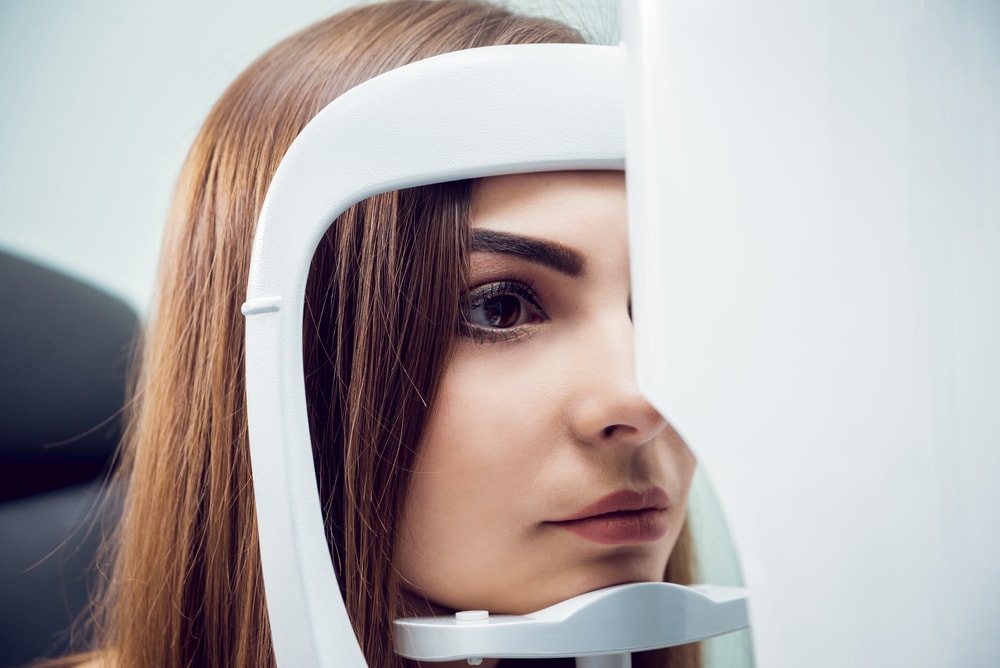The term “Cardiology” comes from the Greek words for the heart (kardia) and to study (-logia). Thus, cardiologists are physicians who study the anatomy and physiology of the heart, its associated structures, their pathologies, and the prevention and treatment of disorders affecting the heart.
Diseases treated by cardiologists
Disorders commonly treated by cardiologists include:
- Abnormalities in blood pressure, such as hypo and hypertension
- Coronary artery disease (CAD)
- Anomalies of the heart valves, including stenosis (blockages) or regurgitation of the mitral, aortic, pulmonary, and tricuspid valves
- Arrhythmias, which are irregularities in the heart rhythm, such as bradycardia, atrial fibrillation, or tachycardia
- Congenital heart defects (CHD)
- Cardiomyopathies
- Vascular disorders
- Heart failure (CHF, congestive heart failure)
How does one become a cardiologist?
Becoming a cardiologist requires patience, persistence, and dedication, as it can take over 12 years of formal education and work experience to acquire board certification.
In the United States, most Medical School admissions require an undergraduate bachelor’s degree in any field as long as the premedical course requirements, including biology, chemistry, organic chemistry, physics, mathematics, genetics, anatomy and physiology, are met. Other requirements include a good score on the Medical College Admissions Test (MCAT) and a competitive GPA. Research, clinical, and volunteer experiences, as well as diverse upper-level courses, are also encouraged.
The rigorous requirements for medical school admission prepares students for the demands of medical education. The first two years of medical school are dedicated to understanding basic sciences. These skills will equip them with the knowledge they will apply in the hospitals and clinics during their last two years as they rotate through different departments.
Besides maintaining a solid academic record, students interested in cardiology must seek opportunities to exhibit and strengthen their academic skills, including participating in research, attending relevant conferences, and submitting their work for publications. During the clinical years, placements for electives and sub-internships in various cardiology sub-specialties are available for those interested in exploring the field. Students will complete steps 1 and 2 of the United States Medical Licensing Exams (USMLEs) during medical school, and scores can determine the future direction of the student’s career. USMLE Step 3 is typically completed during residency but may be accomplished in advance. College of Osteopathy Licensing Examinations (COMLEX) may be taken by students of Osteopathic Medicine (DOs) in place of the USMLEs.
Residency training in internal medicine is the initial step toward a career in cardiology after medical school. During these three to four years of training, residents learn to diagnose and manage conditions in all areas of adult medicine. Continued scholarly experience within cardiology is essential to demonstrate an interest in the field. After completing residency and passing the American Board of Internal Medicine (ABIM) examination, a physician becomes board certification to practice medicine. Then fellowship training is a requirement to become a cardiologist. Most fellowships for cardiology last three years, during which fellows learn to manage various cardiac pathologies, diagnostic techniques, and treatment procedures. Additional training for further specialization in advanced subspecialties is also available.
Cardiology subspecialties and beyond
Cardiologists can choose to practice general cardiology in hospitals or outpatient clinics, but there are other career options as well. Currently, there are only a few cardiology subspecialty fellowships recognized by ABIM:
1. Interventional Cardiology fellowships train physicians to use specialized imaging techniques to visualize cardiovascular structures to diagnose a disease or to use during procedures to treat conditions such as heart attacks.
2. Clinical Cardiac Electrophysiology involves ****understanding the physiology of the heartbeat, using specialized techniques to evaluate heart rhythms, and diagnosing and managing arrhythmia through medications, implanting pacemakers, or surgical procedures.
3. Adult Congenital Heart Disease fellowships provide physicians with specialized knowledge on the pathophysiology of congenital heart disease, the progression and consequences in adulthood, and appropriate management.
4. Advanced Heart Failure and Transplant Cardiology fellowships train physicians on the pathophysiology of heart failure, how to optimally manage patients with advanced stages of the disease, evaluate candidates for transplant viability, donor evaluation, and long-term management of the recipient.
Additionally, there are a growing number of training programs for emerging subspecialties, including cardiovascular translational research, geriatric cardiology, cardio-obstetrics, cardio-oncology, cardiometabolism, preventative cardiology, and advanced cardiac imaging.
Outside of patient treatments, cardiologists can hold numerous roles, often more than one at a time, within:
- Clinical research as primary investigators
- Academic leadership as professors, heads of departments, and program directors
- Medical consulting
- Pharmaceutical leadership
- Medical officers in government institutions such as the NIH and FDA
- Medical advisory boards for nonprofit organizations, sponsors, and CROs
Conclusion
Cardiologists are involved in the care of patients with diseases of the heart, its associated structures, evidence-based clinical practice in outpatient clinics, emergent treatment in hospitals, and coronary care units. Cardiologists play an active role in clinical research allowing researchers to understand how the cardiovascular system functions, what causes its disorders, and the development of drugs and other interventions for associated pathologies.
Cardiologists use their extensive training to provide expertise in multi-disciplinary teams, collaborate with patients’ other healthcare providers, evaluate the efficacy of the current standards and guidelines for treatment, and create innovative solutions to help treat conditions of the heart.
The Vial Cardiology CRO
Looking for a true partner to help run your cardiology clinical trial? Vial supports cardiology clinical trials across multiple indications. We are a tech-enabled CRO providing next-generation clinical trial management services that deliver faster, more efficient trials for biotech sponsors at up to 50% less cost. The Vial Cardiology CRO distinguishes itself by leveraging digital technology, such as its Vial Technology Platform, which brings together eSource, EDC, and ePRO in one connected system to streamline site processes. These best-in-class CRO services help accelerate the development of new therapies and devices for biotech companies.



